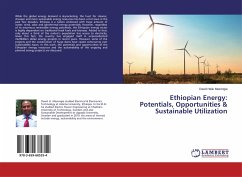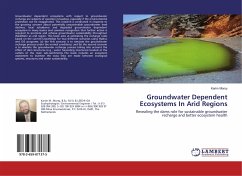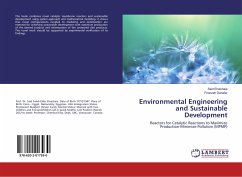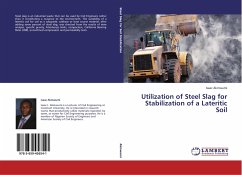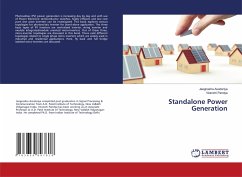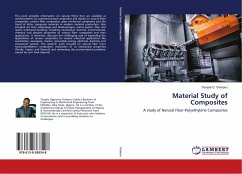While the global energy demand is skyrocketing, the hunt for cleaner, cheaper and more sustainable energy resources has been a hot issue in the past few decades. Ethiopia is a nation endowed with huge amount of water, wind, solar and geothermal energy potentials. However, regardless of its enormous renewable energy potentials, the Ethiopian energy sector is highly dependent on traditional fossil fuels and biomass. Added to that, only about a third of the nation's population has access to electricity. Given this fact, the country has engaged itself in unprecedented multibillion dollar energy projects in recent years. However, some of the projects and the construction of huge dams have raised controversy over sustainability issues. In this work, the potentials and opportunities of the Ethiopian energy resources and the sustainability of the ongoing and planned energy projects are discussed.
Bitte wählen Sie Ihr Anliegen aus.
Rechnungen
Retourenschein anfordern
Bestellstatus
Storno

